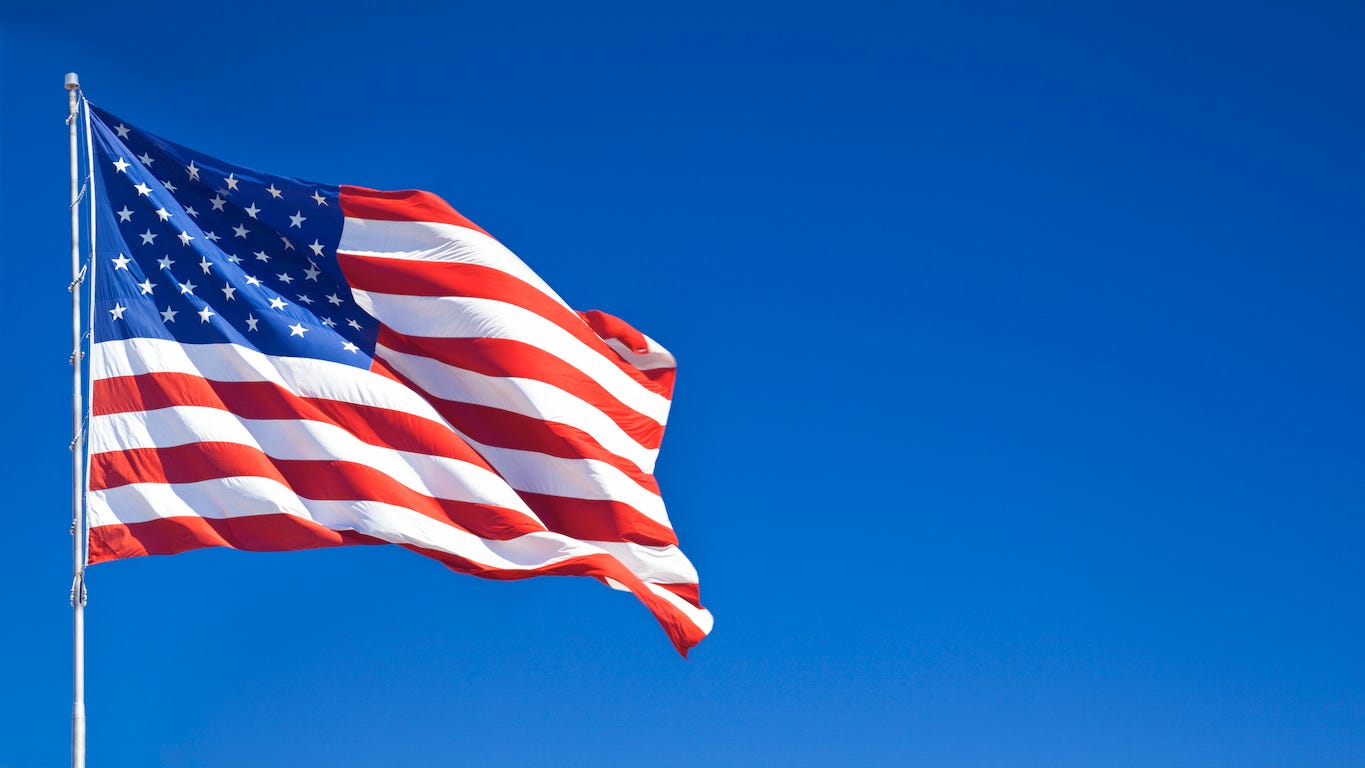offshore accident lawyer is important for filing suite and defending the plaintiff and getting compensation for accident in another countries , overseas ,
Statute of Limitations In Offshore Accidents
The Statute of limitations is a deadline by which your injury lawsuit/claim must be filed or you lose the right to bring it. Because offshore injuries may fall under different Federal and State laws, the statute of limitations may also vary. You should consult an offshore injury lawyer immediately to determine your rights and limitations
Nationwide Maritime Injury Lawyers Assisting Residents and Offshore Workers of Detroit, MI
Detroit, MI is famous for its automobile production, but the Motor City also hosts a busy maritime community. The 24-mile Detroit River, which runs through the U.S.-Canada border, facilitates a lot of shipping and trading activity. But it has to be said that maritime work isn’t an easy way to make a living. Employees are subjected to many kinds of threats while on the job, ranging from falling objects to harsh weather. It’s not uncommon for workers to suffer serious injury in connection with their duties.
There is some good news for maritime employees, though: The law is on their side when it comes to matters of financial compensation. Workers who have gotten hurt while carrying out their job duties may be eligible for a substantial payout. For optimal results, you need help from a maritime accident lawyer with years of experience in handling these claims. The nationally based Jones Act lawyers at Schechter, Shaffer & Harris, L.L.P., serve maritime workers in Detroit, MI as well as the rest of the U.S.
Jones Act
The Jones Act provides certain protections to workers on sea vessels which includes jack-up rigs and oil rigs that are not attached to the ocean floor such as floating oil rigs and drillships. Under the Jones Act, covered employees can recover for pain and suffering, disability, medical expenses, and lost wages. The worker’s offshore injury lawyer must show that the damages suffered were caused by the negligence of the employer. However, unlike all other areas of law, the burden of proof under the Jones act is lower than normal. It is considered a “featherweight burden” because you must only tilt the scales of justice in your favor by a featherweight to win. This gives the injured worker and his offshore accident lawyer a major advantage.
some accidents covered by Jones act
oil rigs accident , oil tanker accidents , drill ship , even cruise ships , River boats accidents ,
Barge accidents , Shrimps and Tug Boats accidents
The Longshore and Harbor Workers’ Compensation Act
This program compensates maritime workers who have become injured while working on or near navigable waters. Specific locations covered by this act include cargo vessel loading and unloading areas, pier and deck work sites, and ship repair spaces.
Any worker, whether employed as a shipbreaker, harbor worker, recreational vessel worker, or office and retail employee, is covered under this act. However, employees eligible for state compensation or benefits are excluded from coverage under the act.
Those who wish to make a claim under the Longshore and Harbor Workers’ Compensation Act have one year from the date of their injury to do so, but this statute of limitations can also begin after an employer stops paying compensation and benefits. However, those who qualify for compensation under this act are advised to file a formal claim within the one-year time limit, even if they’re being paid by their employer while injured.
The injuries commonly covered under this act include permanent disability, death, and loss of organs or limbs. Compensation for injuries continues for as long as an injured worker is recovering, and it is paid each week. Employees receive just over 66% of their weekly wages.


